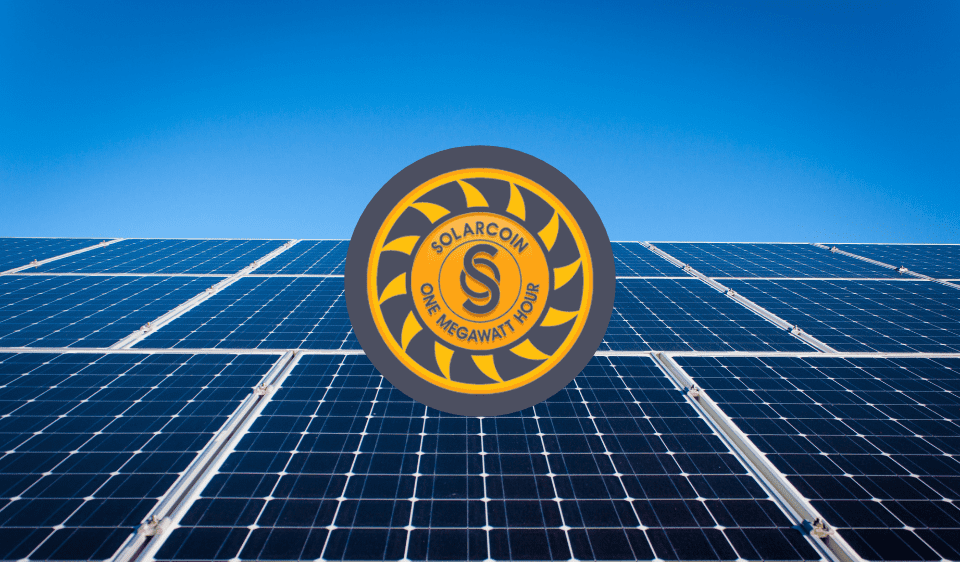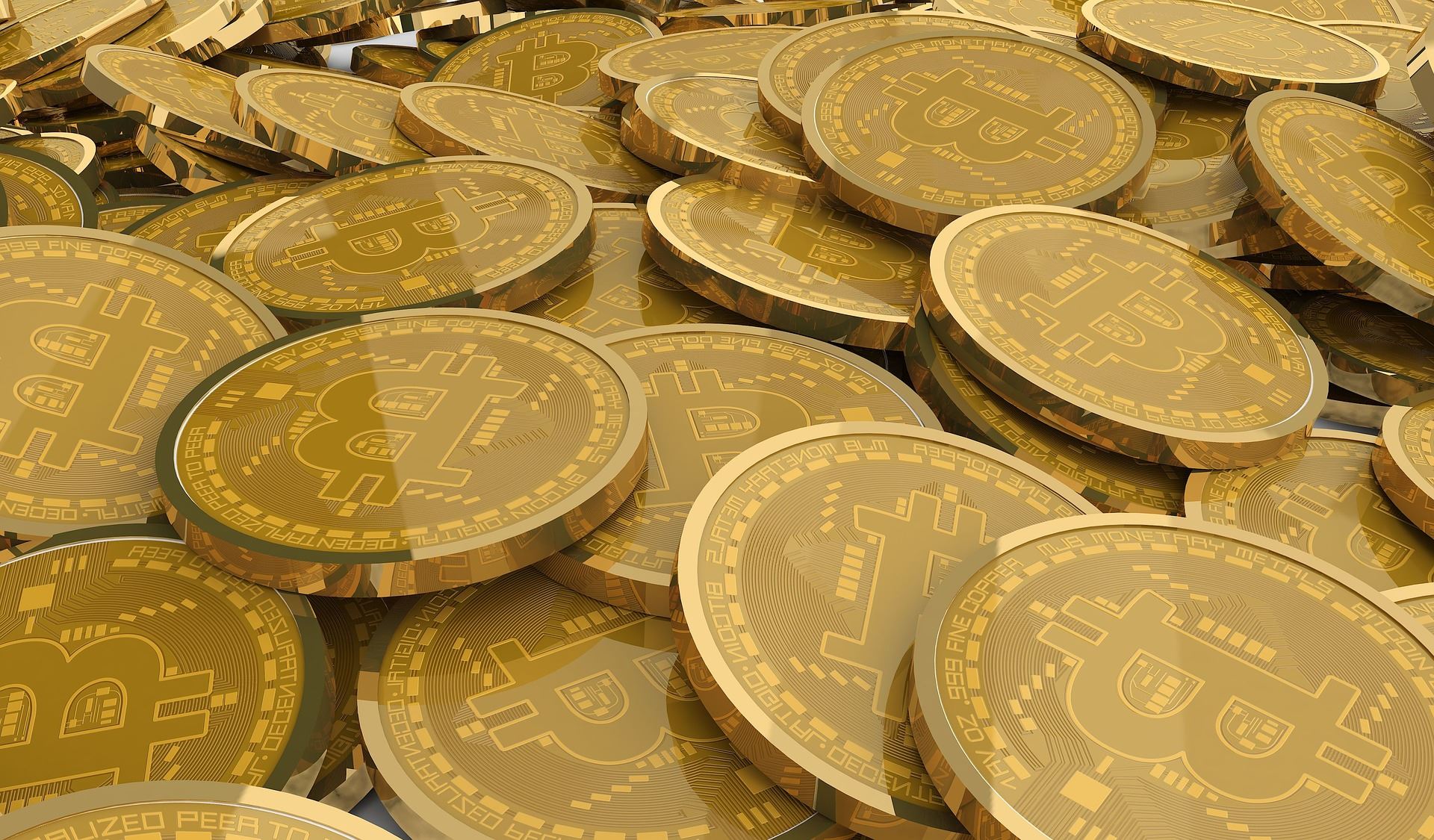Cryptocurrency is the talk of the town, so let’s take a look at Bitcoin’s environmentally-friendly alternative, SolarCoin! The world of cryptocurrency is huge and complicated, so we’ll stick to the basics and explain anything that you need to know.
A Quick Intro to Bitcoin
Bitcoin is one of many digital currencies that are now floating around. It’s the largest cryptocurrency in the world, after being introduced in 2009. Bitcoin is a completely digital currency, which means there are no physical coins; but its balances are available for everyone to see thanks to blockchain technology; which is basically a huge database that records and stores data related to transactions. It does get more advanced, but this is a very basic introduction to Bitcoin and blockchain technology for those who might not know much about this stuff.
Is It True That Bitcoin is Bad for the Environment?
Some of us might not even think twice about Bitcoin having a negative effect on the environment, but it does. Blockchain technology and Bitcoin mining consumes a huge amount of electricity. Bitcoin mining is complicated and involves the creation of new coins. The process itself is done using powerful and complex computers, which, as you can image, chew through heaps of electricity. Over the years, we’ve seen other cryptocurrencies that are way more energy-efficient and environmentally conscious than Bitcoin; BitGreen and Cardano come to mind, along with SolarCoin.

What is SolarCoin?
SolarCoin is a cryptocurrency, just like the others mentioned. It’s been around for the last 7 years or so and works to encourage the uptake of solar; helping speed up the world’s transition to renewable energy. The interesting thing is, SolarCoin is not bought and sold like Bitcoin is; you earn them based on actions you take in the real world!
If you’re keen to get in on the SolarCoin action, here’s how you can. The amount of energy your solar system generates is what determines the amount of SolarCoin you can claim. As of May 2021, they are issuing 1 SolarCoin for each megawatt hour of electricity that your system produces through its lifetime. Basically, as long as your system continues to generate, you’ll earn SolarCoin (depending on availability). Check out the steps you need to take to claim some of this cryptocurrency below!
How Can I Get Some SolarCoin?
Before you can start earning SolarCoin, you’ll need to submit a claim to register your solar installation through the monitoring system or platform that you use for your system. You’ll then need to download an e-wallet where you will have your own receiving address; think of this like a type of bank account. Your monitoring system or platform will then send your solar generation to the SolarCoin Foundation, and they’ll issue your SolarCoin at the rate stated above to your e-wallet. Click here to go straight to SolarCoin’s website for more information.
What Now?
Well, if you needed yet another reason to make the switch to solar… this is surely it! Not only can you save on your bills, make a little bit of extra money with feed-in tariffs and do your bit for the planet, but you can now jump on board the environmentally-friendly cryptocurrency train. If you’re ready to make the switch, you can get 3 free quotes here.
Let’s Take a Breath and Summarise
You’ve taken in a lot of information, so let’s have a quick recap. Bitcoin has grown into the world’s largest cryptocurrency, and it has encouraged the creation of others that could be more environmentally-friendly, such as SolarCoin. The amount of SolarCoin you can get depends on how much electricity your solar system generates. The SolarCoin Foundation then calculates and distributes your personalised amount to you. If you’re getting solar any time soon, this is definitely something you should look into… and if you already have solar, you don’t even have to wait to get on board! The best part? You don’t need to risk any of your capital with SolarCoin, because it’s purely based on the amount of energy your solar system generates.
This article does not constitute financial advice or expert opinion on the world of cryptocurrency. So, if you’re looking into cryptocurrencies and thinking about investing, just remember to seek some professional financial advice. However, if you’re looking at SolarCoin and SolarCoin alone, this article is a good start to get some basic information.











